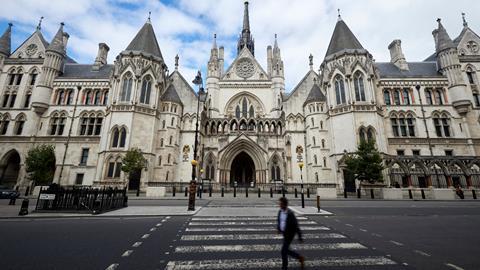The chancellor of the exchequer will have a whisker more elbow room in tomorrow’s autumn statement thanks to a Court of Appeal ruling in a dispute over a banker’s altruistic legacy. In 1927, Gaspard Farrer, a former partner at banking firm Barings, established a fund which, he hoped, would eventually pay off the national debt - then a record £7bn following the first world war.
Farrer anonymously transferred £500,000 to Barings to establish the so-called ‘national fund’. Winston Churchill, as chancellor of the exchequer, said that the donor’s ‘clear-sighted patriotism’ would contribute to the ‘ultimate - though yet distant - extinction of the public debt’.
The future of the fund, which has received no contributions since 1982, has been the subject of litigation between the current trustees and the attorney general. Earlier this year the current trustees attempted to vary the tems of the fund on the ground that its original purpose cannot be achieved. The fund is currently worth £600m; the national debt stands at some £2.3 trillion.
Earlier this year, the High Court found against an application to transfer the £600m to a new charitable fund.
On appeal in Zedra Fiduciary Services (UK) Limited v HM Attorney General, Lord Justice Lewison backed that decision. Ruling on ‘the spirit of the gift’ the judge agreed with the attorney general that the national fund should be applied in reduction of the national debt. ‘Where, as here, one proposed purpose is close to the original purpose; and the other is not, that is at least a factor to be taken into account as pointing towards the former. That is what the judge did; and I do not think that it can be said that he was wrong to do so.’
Dismissing the appeal, with which Lady Justice Asplin and Sir Launcelot Henderson agreed, he added: ‘Whether Mr Farrer would have made the same gift today can be no more than a matter of speculation. The fact is that he made the gift that he did, and specified the purposes for which he made it. As I have said, it is not for us to question the wisdom of the gift.’
This article is now closed for comment.




























13 Readers' comments